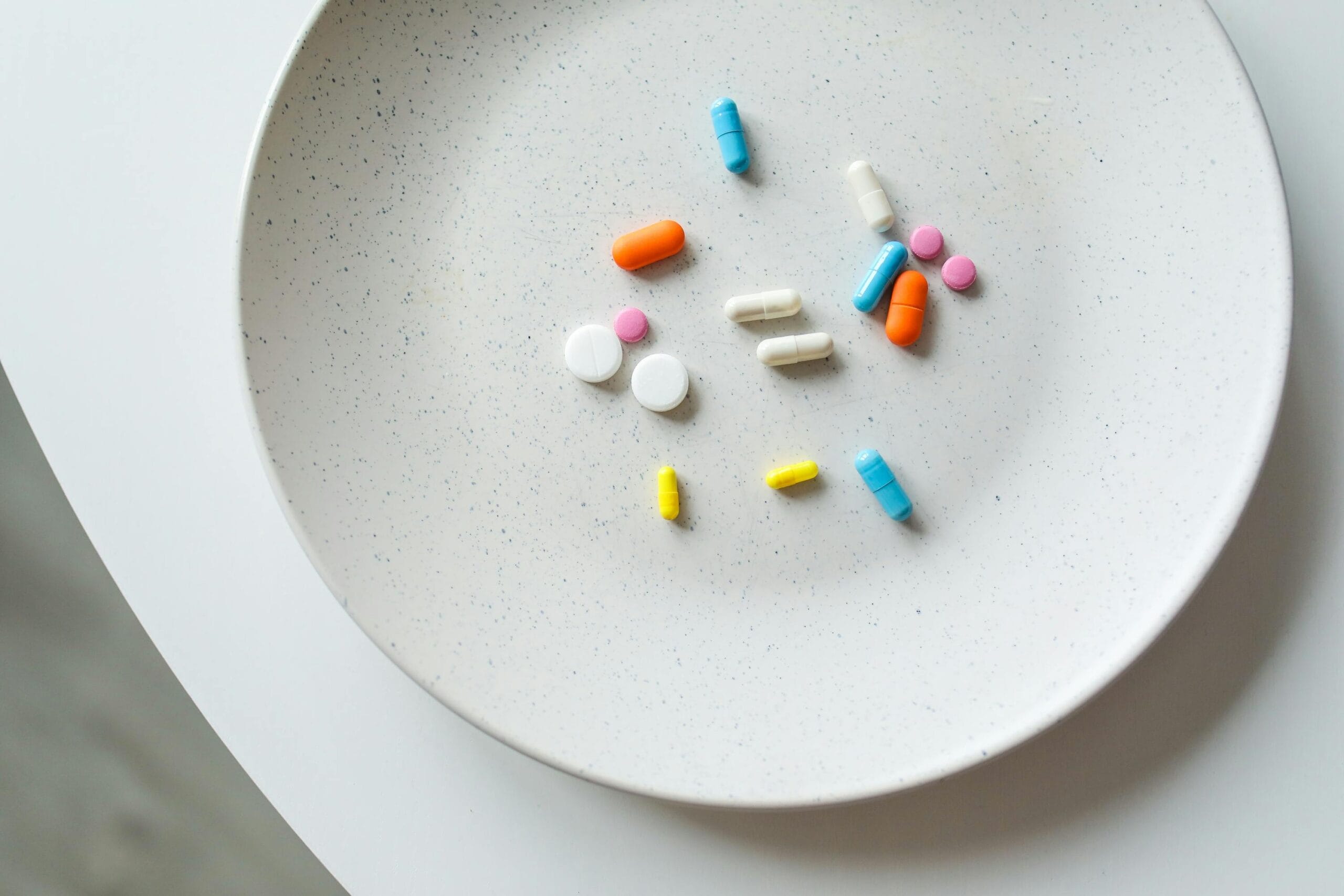
Don’t Be Tempted by Quick Effects. Make Sure Diet Pills Pass Safety Tests!

A slim and ideal body is often considered the dream of many women, as it not only boosts self-confidence but is also regarded as a societal standard of beauty. There are many ways to achieve a slim and ideal figure, such as exercising regularly and maintaining a healthy diet. However, some people opt for a more instant method—by taking supplements or diet pills. But are these methods proven to be safe, and could they pose health risks? To find out the answers, let’s take a look at the following article.
- How Diet Supplements and Drugs Work to Aid Weight Loss
- Health Risks Behind the Instant Effects of Diet Drugs
- The Importance of Clinical Trials for Diet Drugs
How Diet Supplements and Drugs Work to Aid Weight Loss

Source: Freepik
Diet supplements or pills are products used to help reduce weight in order to achieve a slimmer and more ideal body. These supplements or medications work by suppressing appetite, burning fat, inhibiting fat absorption, removing body fluids, or speeding up metabolism. Because they directly affect the body, it's no surprise that diet supplements or pills can produce quick results.
Health Risks Behind the Instant Effects of Diet Drugs
Despite their benefits, diet supplements or pills can pose significant health risks. The use of these medications can interfere with the normal functioning of the digestive system, such as causing dependence on laxatives, which may result in the body being unable to have bowel movements without assistance. In addition, diet supplements or pills can also have psychological effects, leading some individuals to become obsessed with continuously losing weight after seeing rapid results.
These psychological impacts can trigger extreme behaviors related to weight loss, such as complete fasting, self-induced vomiting, or excessive exercise. Furthermore, supplements or pills that work by removing bodily fluids can have fatal consequences, including kidney damage and heart problems caused by an imbalance in the body's electrolytes. To prevent or address health risks associated with the use of diet supplements or pills, especially among teenagers and adults, serious guidance is necessary. This includes encouraging individuals to consult with healthcare professionals and referring them to psychologists, psychiatrists, or specialists if eating disorders have developed.
The Importance of Clinical Trials for Diet Drugs
For individuals who are overweight and have tried natural weight loss methods but have not achieved their desired results, the use of diet supplements or pills may be considered. However, it is crucial to consult with medical professionals beforehand to ensure the safety and effectiveness of the product. Additionally, it must be confirmed that the product has received official distribution approval from regulatory authorities and that its safety has been proven through clinical testing.
The product should also be used according to the recommended dosage and instructions on the packaging. If the user has other health conditions, consulting a professional is highly advised so that the dosage can be adjusted appropriately. With these important steps, it is hoped that the use of diet supplements and pills can be approached wisely and that the associated health risks can be minimized.
Before being marketed, supplements or diet products must undergo laboratory testing to ensure that the ingredients used are safe, free from contaminants, and meet the composition claims stated on the label. IML Research provides laboratory testing services for supplement and nutritional products, including analysis of active ingredients, heavy metal contamination, microbiology, and product stability. With comprehensive and reliable test results, you can be sure that the products you develop are truly safe for consumption and ready to meet applicable regulatory standards.
Consult us for a free consultation with our team of experts!
Author: Devira
Editor: Sabilla Reza
References:
Levinson, J. A., Sarda, V., Sonneville, K., Calzo, J. P., Ambwani, S., & Bryn Austin, S. (2020). Diet pill and laxative use for weight control and subsequent incident eating disorder in US young women: 2001-2016. In American Journal of Public Health (Vol. 110, Issue 1). https://doi.org/10.2105/AJPH.2019.305390.
Hazzard, V. M., Simone, M., Austin, S. B., Larson, N., & Neumark-Sztainer, D. (2021). Diet pill and laxative use for weight control predicts first-time receipt of an eating disorder diagnosis within the next 5 years among female adolescents and young adults. International Journal of Eating Disorders, 54(7). https://doi.org/10.1002/eat.23531.



